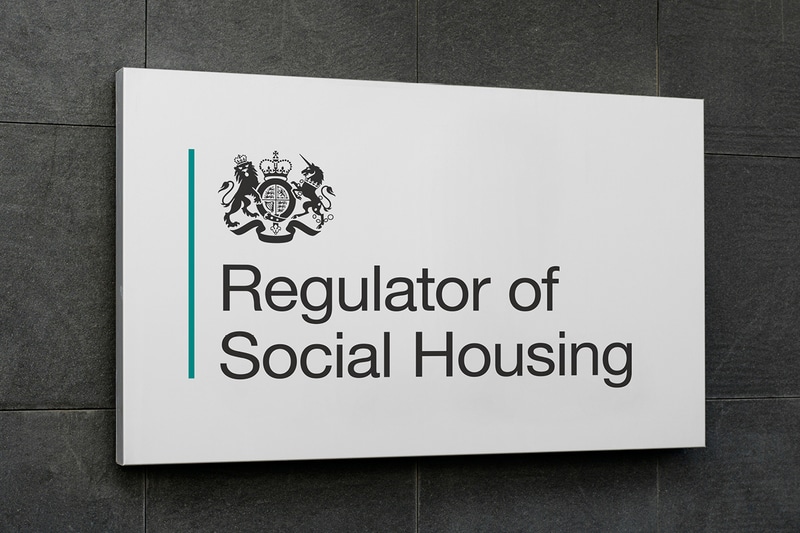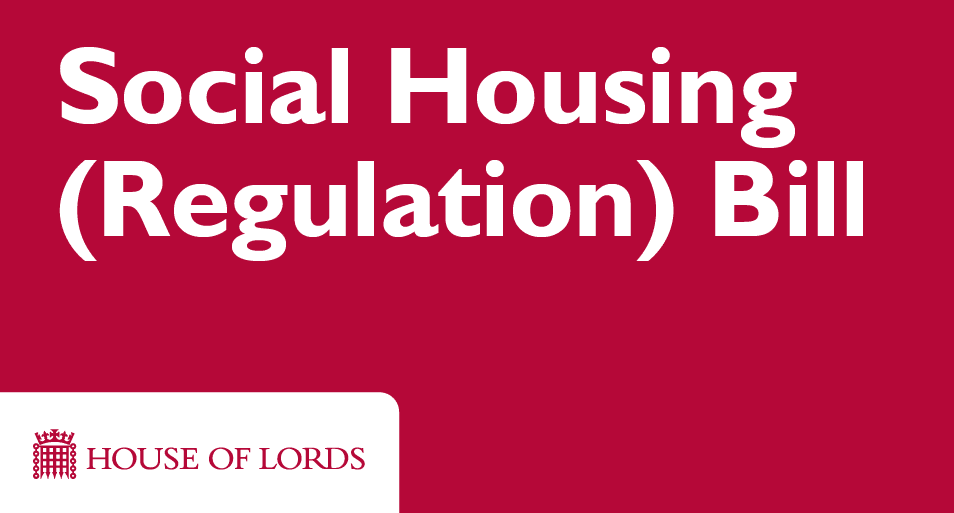Tech & TSMs: How Technology Can Help Landlords Keep Tenants Happy
The introduction of Tenant Satisfaction Measures (TSMs) has represented a pivotal shift in social housing, aiming to enhance transparency and accountability between landlords and tenants. As these new standards take root, landlords are turning to technology to not only comply with regulations but also improve tenant satisfaction. This blog explores what TSMs are, how they impact social landlords, and how tech solutions like Mobysoft’s RentSense and RepairSense can help landlords meet these objectives.

What Are Tenant Satisfaction Measures (TSMs)?
TSMs were introduced by the Regulator of Social Housing (RSH) as part of a broader overhaul of social housing regulation. First mentioned in the Social Housing White Paper in 2020, TSMs became law through the Social Housing (Regulation) Act, which was enacted in July 2023. These measures aim to ensure that tenants live in safe, well-maintained homes and that their voices are heard when problems arise.
The RSH has outlined 22 TSMs, split into two categories: tenant perception surveys and landlord data. These measures cover five critical themes:
- Repairs
- Building safety
- Effective complaint-handling
- Respectful and helpful tenant engagement
- Responsible neighbourhood management
Landlords began collecting data in April 2023, with the first set of results due for publication in autumn 2024. TSMs are designed to create transparency and improve the overall experience for tenants by holding landlords accountable.
The Impact of TSMs on Social Landlords
With the introduction of TSMs, social landlords are now under increased pressure to improve tenant relations and address complaints promptly. Initial findings have shown a worrying trend: tenant satisfaction has been declining steadily, from 85.1% in 2018/19 to just 72.3% in 2023/24. This underscores the need for immediate action from housing providers to meet tenant expectations and reverse this trend.
The new measures challenge landlords to rethink their strategies, particularly in areas like complaint resolution, repairs, and building safety. Failure to meet these standards could not only result in regulatory penalties but also damage the landlord’s reputation and tenant trust.

The Role of Technology in Meeting TSM Standards
Technology plays a critical role in helping landlords meet the expectations set by TSMs. From streamlining communication with tenants to better data management, tech solutions can drastically improve tenant satisfaction. Here’s how:
Streamlining Communication for a Better Tenant Experience
One of the key issues in tenant-landlord relationships is communication. Tenants need fast responses, particularly when it comes to urgent repairs or complaints. Digital platforms, such as online portals, have become increasingly popular, with usage rising from 13% pre-pandemic to 25% today. These portals allow tenants to quickly log issues, track the status of their requests, and receive updates.
However, it’s important to balance digital communication with traditional methods. Not all tenants prefer online portals however and a considerable number of consumers (especially those from an elderly demographic) still open letters more frequently than emails. Therefore, offering multiple channels for communication, including phone lines and post, ensures no tenant is left behind.
Proactive Engagement and Tenant Wellbeing
To truly meet TSM objectives, landlords must not only react to tenant issues but also anticipate them. This is especially important for vulnerable tenants, such as those facing financial hardship. Early intervention can prevent issues from escalating, such as unpaid rent leading to eviction.
Proactive engagement involves using data to identify at-risk tenants and offer assistance before problems arise. For example, landlords can provide rent deferral options or financial advice to struggling tenants. This not only improves tenant satisfaction but also reduces the likelihood of serious issues later on. For some handy hints on how to improve tenant engagement, check out our Five Tips for Increasing Tenant Engagement article.

Securing Tenant Data and Ensuring Privacy
With the increased use of digital platforms comes the need for robust data security. According to recent reports, 25% of housing associations have experienced cyber-attacks, which can lead to service disruptions and breaches of tenant data. Landlords must ensure they have secure systems in place to protect tenant information and comply with data regulations.
Platforms like Mobysoft’s RentSense and RepairSense allow landlords to unify tenant data in a secure manner. These systems provide a single view of payment and repairs jobs data respectively, helping landlords manage interactions efficiently when harnessed as part of an overarching, robust data strategy.

Leveraging Mobysoft’s RentSense and RepairSense to Meet TSM Goals
Meeting the demands of TSMs requires sophisticated tools that can handle the increasing complexity of tenant-landlord relations. Mobysoft’s RentSense and RepairSense are designed to help social landlords streamline operations, improve tenant satisfaction, and meet regulatory standards.
RentSense: Enhancing Income Collection and Early Intervention
RentSense is a market-leading AI-powered rent arrears software used by over 180 housing providers. It simplifies income collection by identifying which tenants are most at risk of falling into arrears, allowing housing officers to take early action. By reducing guesswork, RentSense helps landlords maintain stable income streams while providing timely support to tenants who need it most. This proactive approach can drastically improve tenant satisfaction and reduce the likelihood of arrears spiraling out of control.
RepairSense: Improving Repairs and Reducing Complaints
Repair issues are one of the most common sources of tenant dissatisfaction. Mobysoft’s RepairSense uses AI and machine learning to analyse repairs data, allowing landlords to identify repeat issues and address them proactively. RepairSense can forecast potential repairs, reduce complaints, and help housing providers improve the overall quality of their repair services.
By utilising RepairSense, landlords can identify patterns such as recurring damp and mould problems, which are particularly concerning for tenants. The software provides the insights needed to prevent these issues from worsening, thereby improving tenant safety and satisfaction.

The Bottom Line: Tech as the Key to Tenant Satisfaction
In the ever-evolving social housing landscape, the introduction of TSMs has placed greater responsibility on landlords to deliver better services to their tenants. Technology solutions like Mobysoft’s RentSense and RepairSense are essential tools in meeting these new standards. By leveraging AI and machine learning, landlords can enhance communication, streamline operations, and proactively address tenant issues.
Ultimately, tech-driven solutions not only help landlords comply with regulations but also create a more satisfied tenant base—leading to better living conditions, improved trust, and long-term success for both parties. To learn more about how RentSense and RepairSense can help your organisation meet TSMs, head over to the Platforms area of our website.
- Seasons Greetings from Mobysoft! - December 24, 2024
- Spotting the Silence: The Crucial Role of RepairSense in Social Housing Maintenance - November 19, 2024
- How Data-Driven Insights Can Improve Tenant Satisfaction in Temporary Accommodation - October 18, 2024